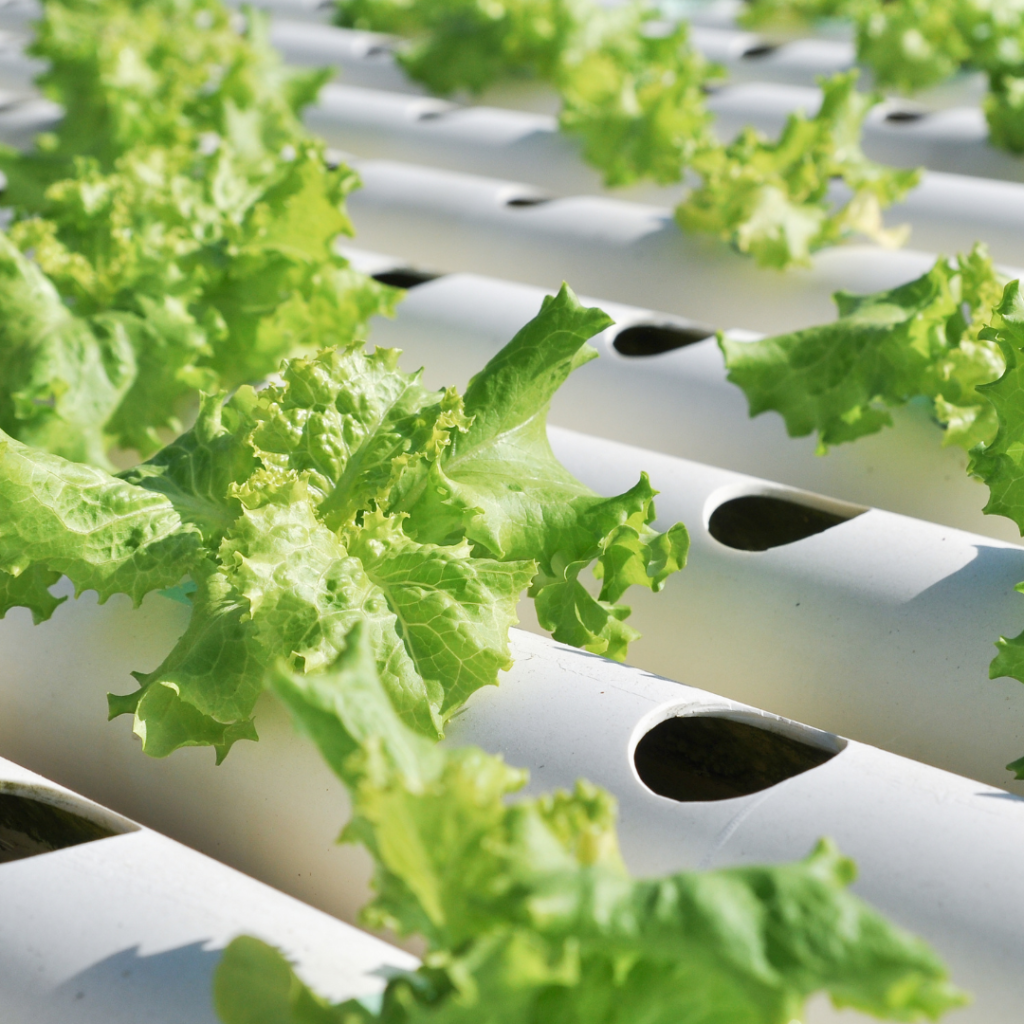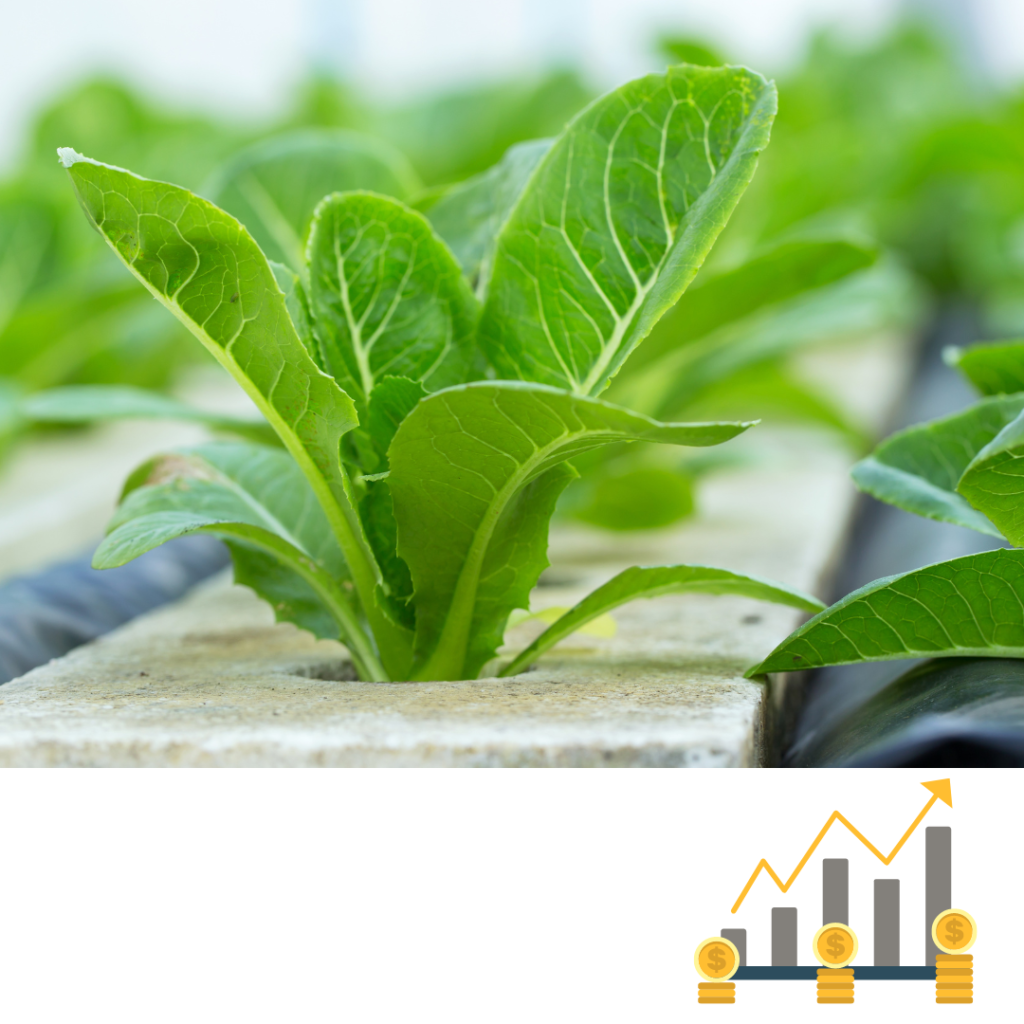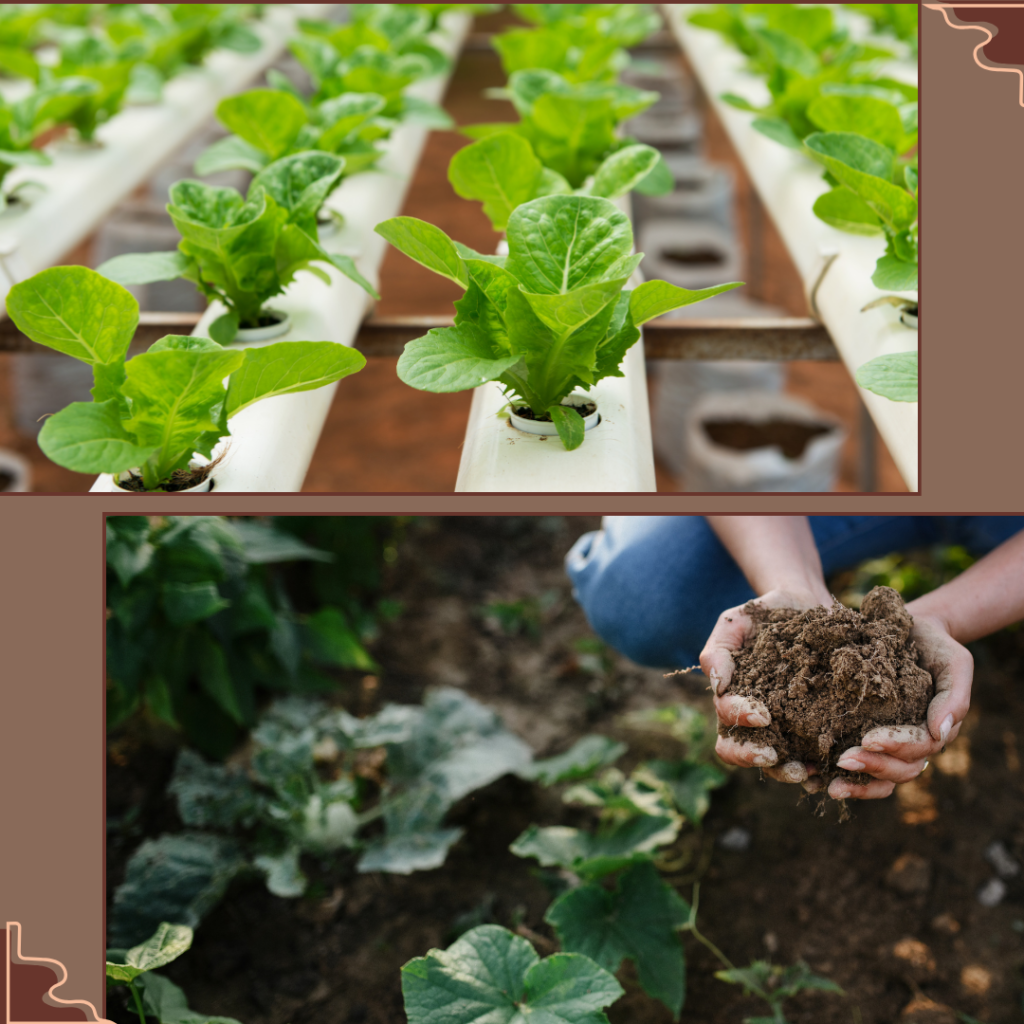The costs and benefits analysis of starting a hydroponic garden!
Starting a hydroponic garden means growing plants without soil, using water and nutrients instead. This modern way of farming can […]
The costs and benefits analysis of starting a hydroponic garden! Read More »






